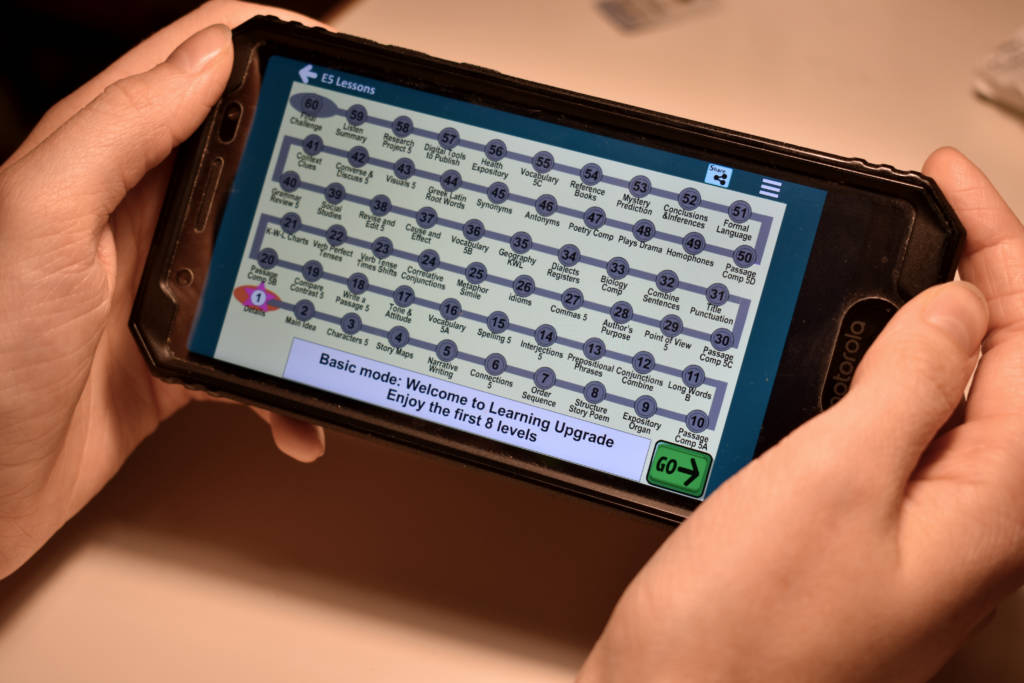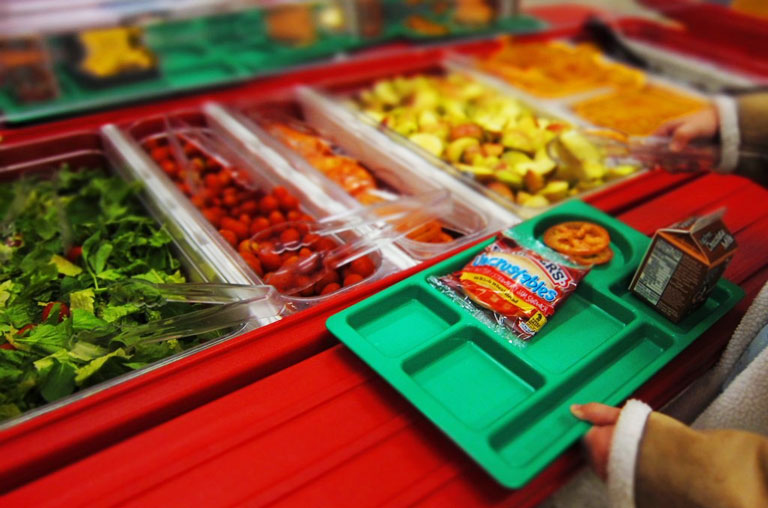Literacy is a cornerstone of modern life. Low literacy rates have been shown to have far-reaching consequences, including poor health and limited individual financial opportunity, as well as reduced productivity for employers.
Thirty-two million adults in the United States are illiterate or low-literate, according to the U.S. Department of Education and the National Institute of Literacy. This statistic has remained about the same over the last 10 years. There are many independent programs to help educate adults throughout the country, but they only cover about 2 million people — less than 7 percent of those in need — and are generally underfunded and understaffed, making them inaccessible to most people.
The XPrize Foundation, known for incentivizing crowdsourced solutions from around the globe, partnered with the Barbara Bush Foundation and the Dollar General Literacy Foundation to create the Adult Literacy XPrize, a two-stage competition to develop and distribute smartphone apps that help increase adult literacy.
The first stage of the competition revolves around the development of the apps. It started in June 2015 with 41 app submissions. In June 2018, eight finalist apps were put into a field testing phase. Twelve thousand adult learners are currently using these apps. As of October 2018, the contest had been narrowed down to five apps.
The competition’s second stage, called the Communities Competition, is all about growing the reach of these apps and getting them into the hands of more users. Any U.S.-based entity can sign up, whether a person, organization, or other group. These participants will develop a plan to promote the app to low-literate and illiterate adults. The best 50 submissions will win $10,000. The three competitors who get the most adults to use the apps on a consistent basis during the competition period will win a share of $500,000.
“This is the way we’re going to revolutionize the way adults can learn: by going into the mobile app space. That way, people can access these apps at any time, any place, at their own discretion,” said Haneen Khalaf, a senior associate at XPrize. “We’re basically breaking down a bunch of barriers that kind of keep a lot of the low literacy adults in the U.S. from attaining higher education services.”
Angela Gonzalez, a front-desk worker at an eye doctor in Los Angeles, is studying nursing and was invited to participate in field testing for the finalist apps. “I don’t think I would have been so confident in school without using the app,” she said. The app Gonzalez used helped expand her vocabulary, something she found very useful when applying to be a nurse with the sheriff’s department. “It really helped me in writing my three-part essay that they have you write,” she said.
While the app eventually became repetitive, its effect on Gonzalez has been long lasting. She said her language skills have improved and the app even bolstered her interest in reading.
Renovia Holland, an adult student who is working toward her GED, was asked to participate in field testing for one of the finalist apps. Since starting with the app, Holland has moved up to an eighth-grade reading level. “The app helped me get through a lot of the things I didn’t understand before,” she said. Aside from helping with her GED classes, the app has also improved her life outside the classroom. “It’s wonderful for me. I can read my own mail and understand what I’m reading in letters. I used to have to wait for someone to read them to me and explain them to me. I don’t have to go through that anymore.”
Learning Upgrade is one of the five app developers left in the competition. CEO Vinod Lobo said people are much more willing to try a mobile phone app before they would ever consider taking a class. “Sometimes people are embarrassed to go to a class or tutor because they’re so low level, they don’t have confidence,” Lobo said. “Let’s face it, no adult wants to go and do ‘cuh-ah-tuh, cat,’ in public. If you can do that on a phone in private, then when you finally go to school, you’re working on high school level stuff, that’s a lot more pleasant.”
Whether it is a final push to get a GED so someone can go to college or simply being able to read and write English to get a job, Lobo said Learning Upgrade can help low-literate adults make breakthroughs.
The five finalist apps—Amrita CREATE, AutoCognita, Cell-Ed, Learning Upgrade, and CODEX: Lost Words of Atlantis—are available on the Google Play Store. Cell-Ed and Learning Upgrade are also available on the Apple App Store.
“We’re hoping that by scaling up on the phone that we could get this going to millions and millions of people,” Lobo said. XPrize estimates that 77 percent of adults own smartphones.
While he acknowledged the value of existing literacy programs, especially those with one-to-one personal support, Lobo sees no way to come close to meeting the existing need for adult literacy resources other than through mobile technology.
“If you give them something that’s active to the mind, they can take a chance on doing it,” said Holland, the student working toward her GED. “It keeps my mind occupied on learning. I like that.”








